August 12, 2021
Whether we like it or not, it is widely accepted that social media is a powerful tool for both personal and business purposes. However, with so many social media platforms out there, it can be overwhelming to understand which platform is best for your business. Knowing the purpose and value of each platform is key when determining where to post news and insights. At Aria Marketing, in addition to our public relations work, we also execute social media programs for our clients to help increase engagement and brand awareness. We thought it would be helpful to share a quick “cheat sheet” that summarizes some of the pros and cons of some of the most widely used and accessible social platforms for businesses.
Pros:
-Audience Insights gives information about people connected to their Facebook page so companies can create content that appeals to them. This gives businesses insights to create and place very targeted Facebook Ads
-Businesses can create a Facebook Group to engage and provide information to an audience with similar interests
-Facebook has three different targeted campaign options so businesses can reach a wide audience:
- Core Audiences - Define an audience based on age, interests, and location
- Custom Audiences - Get in touch with people who have once engaged with your business
- Lookalike Audiences - Reach new people whose interests are like those of your customers
Cons:
-Crowded and competitive space for businesses
-It takes time to manage a successful page and daily monitoring is necessary
-Distrust of the platform due to recent misinformation campaigns
Pros:
-This media sharing app allows businesses to promote themselves with visually appealing content
-“Shoppable posts” (sell products directly from shoppers’ feeds without ever leaving the app) skyrocket ROI for product-based businesses
-If the target demographic is under 35, Instagram is the best place to promote content to reach the demo audience: 25-34-year-olds represent the largest advertising audience on Instagram, followed closely by the 18-24-year old age group
-Instagram is good for recruiting and showcasing company community/culture
Cons:
-Outside of photos, there are not a lot of other ways to promote on this app
-Instagram is less of a business tool (especially in the b2b healthcare world)
Pros:
-LinkedIn is a great place to share serious company news/articles and build general brand awareness
-This is a platform for healthcare leaders to engage with likeminded individuals and groups that foster engaging dialogue
-Used for career growth, connecting with professionals, collaborating with experts in the field, job-hunting, recruiting, and sharing work-related content
Cons:
-There are a lot of spam messages and fraud connections on LinkedIn. Prepare to receive numerous messages/connections from random users that are looking to sell you something
Pros:
-Companies can craft and represent their voice
-Users can engage in threads, conversations, and Twitter chats (A Twitter chat is where a group of Twitter users meet at a pre-determined time to discuss a certain topic, using a designated hashtag for each tweet contributed. A host or moderator will pose the questions)
-Share content to boost engagement and participate in active dialogue with a community that may include influencers, prospects, coworkers, etc.
Cons:
-Twitter only allows 140 characters per tweet, not leaving the user much room to get a very nuanced message out to followers
-Tweets can be easily missed and looked over since everything is posted to the timeline in chronological order
To learn more about how to build out your business’s public relations and social media programs, connect with Aria President, Scott Collins at HIMSS21 this week, or shoot him an email at scollins@ariamarketing.com.
Share any additional pros and cons of using social media in the comments section! Also be sure to follow Aria Marketing on Twitter, LinkedIn, Facebook, and Instagram.

